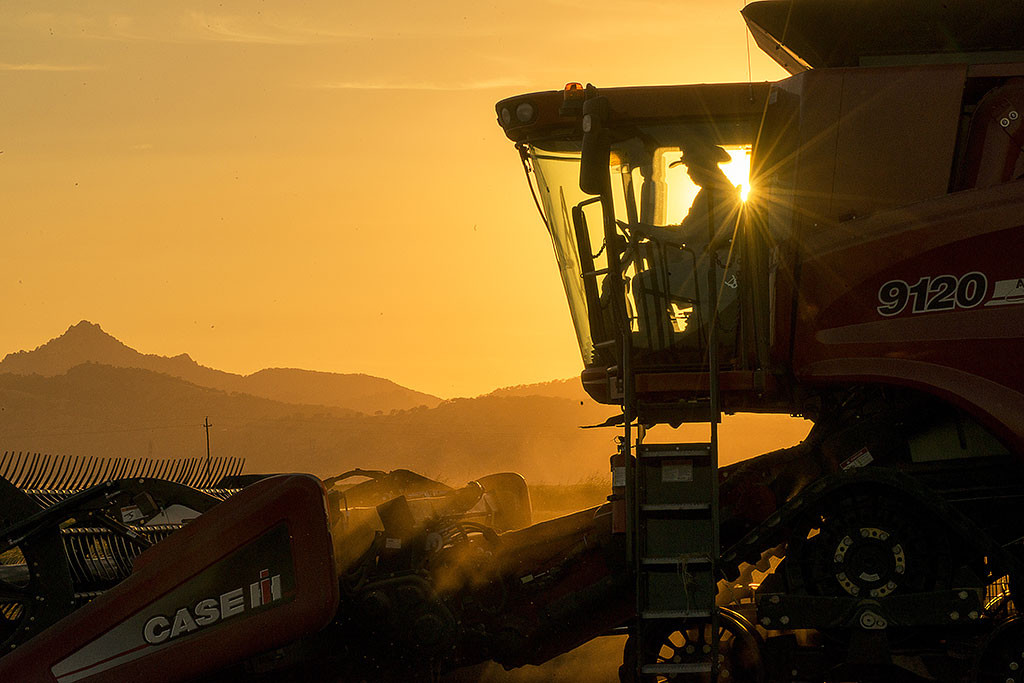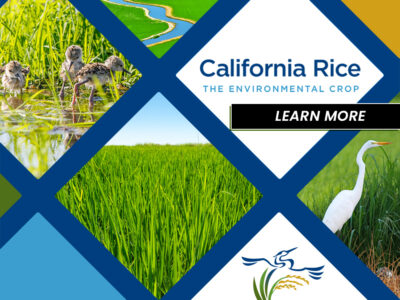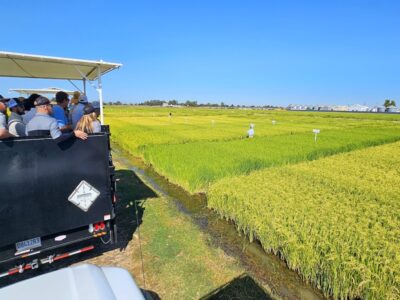The due date of the Farm Evaluation and Nitrogen Management Plan reporting for the 2018 crop year was March 1, 2019. We extended the deadline to August 28 for one last opportunity to meet this regulatory requirement established by the Central Valley Water Resources Control Board.
Non-compliance letters were recently mailed to individuals as an additional reminder to complete the reporting requirements. The Central Valley Water Board requires us to provide you notification of non-compliance. In September, we will share information of non-compliance with the Central Valley Water Board for potential regulatory action.
Please go to www.calricenews.org and click on WDR and then click on Start Farm Evaluation and Nitrogen Management Plan. Or directly go to the site by using: https://evaluation.calricenews.org/farmevaluation/ Enter the last seven digits of your pesticide permit number and follow the online instructions.
You will know whether you have complied by viewing the Dashboard on the WDR site. A Dashboard showing all three boxes as green with a white check mark means you have complied. The Farm Evaluation will show “submitted” while the Nitrogen Management Plan shows “reported”.




